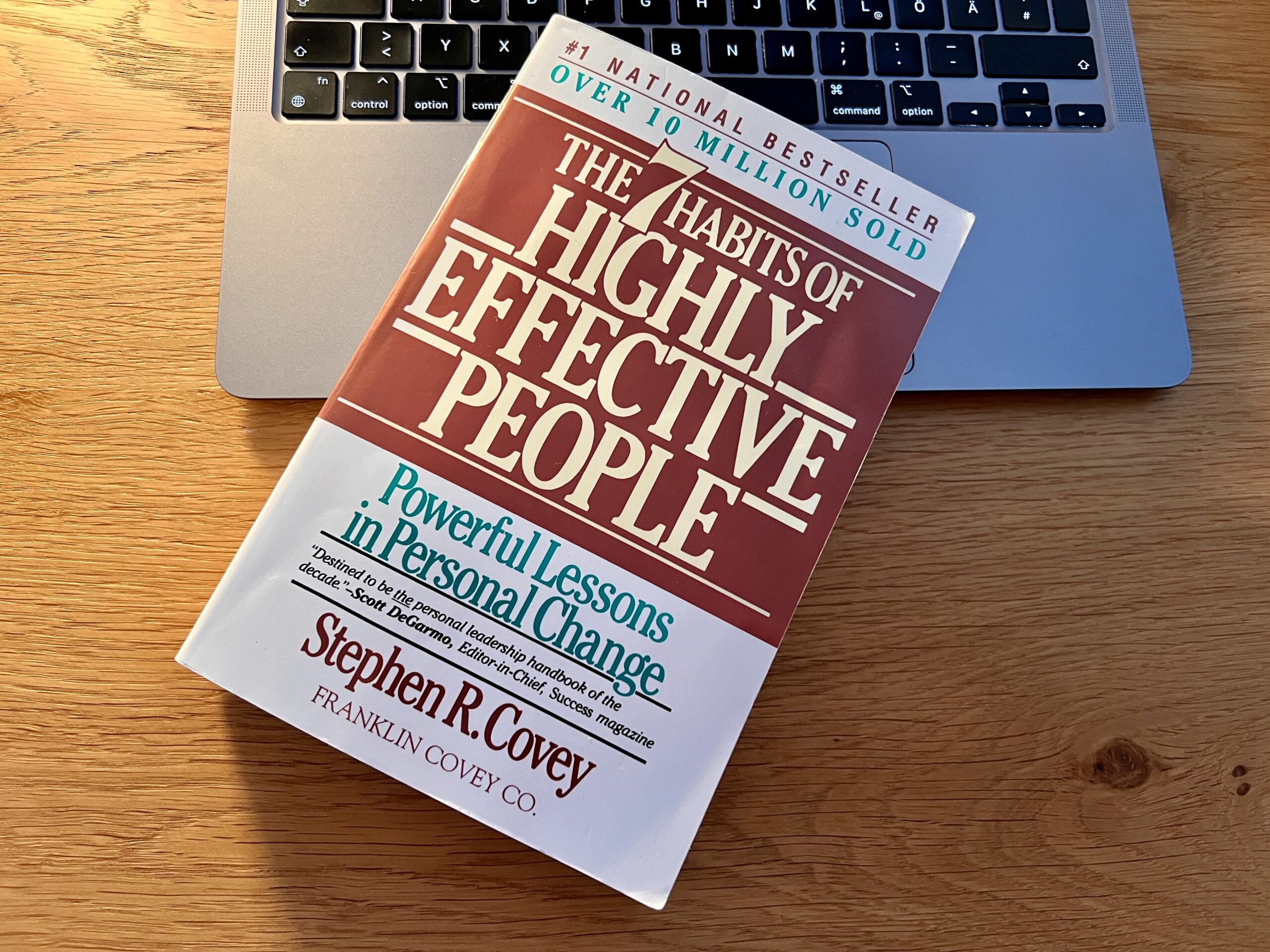Productivity is no longer about how early you wake up or how many tasks you check off a list. In today’s fast-paced, hyperconnected world, being productive means maintaining focus, managing mental energy, and navigating distractions with intention. The digital age has introduced both unprecedented tools and overwhelming noise, and the people who thrive are the ones who develop disciplined habits to use technology as an asset rather than a burden.
From entrepreneurs and remote workers to content creators and executives, the most effective individuals rely on a structured yet flexible approach to their day. They are not superhuman, but they are intentional. They know that small daily actions compound into long-term results.
This article breaks down the seven key habits that highly productive people follow in 2025, providing real-world relevance and actionable insights for anyone looking to gain control over their time, energy, and output.
1. They Start the Day With Digital Boundaries
One of the most defining traits of productive people in the digital era is how they begin their morning. They do not immediately reach for their phones or dive into email notifications. Instead, they create a digital-free zone for the first thirty to sixty minutes of their day.
This allows the brain to wake up without cognitive overload. It creates space for self-reflection, physical movement, or creative thinking before the world starts demanding attention. Some use this time for journaling, planning their goals, or simply moving their body to energize the mind.
Experts in cognitive science suggest that the first hour of the day sets the tone for how focused or reactive we are. Without boundaries, the flood of digital stimuli can hijack your focus before the day even begins.
2. They Prioritize Deep Work in Time Blocks
Highly productive individuals do not rely on multitasking. They design their day around focused, uninterrupted time blocks where they tackle cognitively demanding work. This habit is often referred to as deep work—a concept popularized by productivity researcher Cal Newport.
In practice, this means turning off notifications, closing unrelated tabs, and dedicating one to two hours on a single important task without interruption. Whether it’s writing, coding, designing, or problem-solving, these blocks are treated as sacred.
Many pair this habit with techniques like the Pomodoro method or timeboxing, where they schedule deep work sessions in advance. It’s not about working longer hours, but making those hours count by protecting them from distraction.
3. They Use Technology Intentionally, Not Automatically
While technology is often blamed for distraction, highly productive people use it with purpose. They leverage tools that support focus rather than break it. For instance, they may use digital calendars to manage their day, note-taking apps to capture ideas quickly, and automation tools to eliminate repetitive tasks.
However, what separates them from the average user is that they are intentional about usage. They disable non-essential app notifications, batch-check email rather than keeping the inbox open, and uninstall apps that create friction.
This habit also extends to social media. Instead of passive scrolling, productive individuals set boundaries. They may limit usage to specific times or even delegate social tasks if possible. For them, tech is a tool—not a source of entertainment during work hours.
4. They Take Real Breaks to Recharge
Productivity is not about non-stop hustle. In fact, the most productive people understand the value of stepping away from work. They schedule breaks not as an afterthought, but as a necessity to sustain mental clarity and creativity.
These breaks are often active rather than passive. A quick walk, a stretch session, or a non-digital hobby like reading or sketching helps reset the mind. Research consistently shows that short breaks every 90 minutes enhance long-term focus and reduce burnout.
In a digital environment where it’s easy to stay glued to screens, this habit becomes essential. Without real pauses, fatigue sets in and output quality declines. Productive people know how to listen to their body and recharge effectively.
5. They Reflect and Recalibrate Daily
At the end of each day, productive individuals review what they accomplished and where they need to improve. This reflection may take only ten minutes, but it provides clarity and direction for the next day.
The habit often involves answering simple questions:
- What worked well today?
- What distracted me?
- What’s the top priority for tomorrow?
Some people use digital journals, while others prefer a physical notebook. The point is not perfection, but progress. Daily reflection helps them identify patterns, adjust strategies, and remain aligned with their broader goals.
This habit also acts as a mental closure, preventing unfinished tasks from spilling into personal time and disrupting sleep. By reviewing the day, they free their mind from loops of worry or uncertainty.
6. They Cultivate a Health-Focused Routine
It may not seem directly related to productivity, but health is the foundation for consistent performance. Productive individuals build routines that support physical and mental wellness. This includes regular sleep schedules, exercise, hydration, and mindful eating.
In the digital age, where screen time is unavoidable, they also take care of posture, eye health, and sleep hygiene. Blue light exposure, sedentary habits, and irregular routines all contribute to energy drops and cognitive fatigue.
Highly productive people treat their body as a productivity system. They know that a foggy mind, a tired body, or poor nutrition undermines even the best time management strategies. Health is non-negotiable.
7. They Focus on Purpose Over Busyness
The most transformative habit of all is mental—productive people define their success based on outcomes, not hours worked. They focus on what truly matters, not just what feels urgent. This mindset allows them to say no to distractions, delegate lower-value tasks, and reserve energy for high-impact work.
They frequently revisit their long-term goals and values. Every task is measured against these priorities. This prevents them from falling into the trap of endless task lists and shallow accomplishments.
In the digital age, it is easy to mistake movement for progress. But highly productive people know the difference. They choose work that matters, stay connected to their purpose, and evaluate results—not just effort.
Conclusion: Productivity as a Practice, Not a Hack
There is no single formula for productivity. Instead, it is a practice built on habits that align with your goals, environment, and energy. In the digital age, where information overload and digital distraction are the norm, developing these seven habits can create a calm and focused workflow in a chaotic world.
The most productive people are not necessarily working harder than everyone else—they are working smarter, with more intention, and less digital clutter. They protect their attention like a valuable resource and make deliberate choices about how they spend their time.
Whether you are building a business, studying for a degree, managing a remote team, or simply trying to stay balanced, these habits can help you take back control. Start with one, build momentum, and let small changes lead to massive results.



